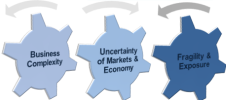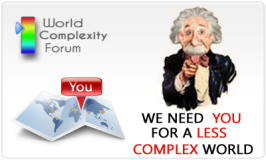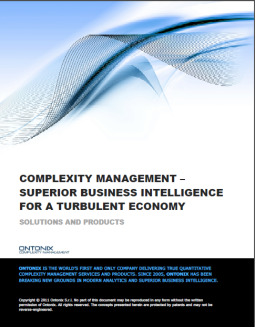Institutional abuses:: “cut the crap” – from edifice to artifice
Thursday, 28 June, 2012 Leave a comment
So what if, Barclays and others* have been caught screwing the system…AGAIN!
*”Other big names believed to be under investigation include Citigroup, JP Morgan, Deutsche Bank, HSBC and Royal Bank of Scotland”
Cue outcry, righteous indignation, questions in the House and sound bites from every direction. This passes as information but isn’t it just a smokescreen!? Never mind “white collar” crime this is YET ANOTHER case of bare-faced THEFT. £290m is a helluva lot of money to you and me but it will not amount to the collective remunerations to Directors of Barclays (or any other bank) over the last 10 years!!!
What happened to Corporate Governance? Too big to fail was just code for “way too close and too complex to prosecute” without being recognised as accomplices and suffering the, unthinkable but inevitable, loss of office…the jails are too overcrowded anyway!
What is “the system” that they have been abusing?
According to Wikipedia “The phrase in this usage can carry negative connotations”. Damn right it does…PLEASE think about the question. What is it? Why is it? Who pays for it? How can it be changed? But don’t just think about “it” in terms of the banking or financial system, because the culture has contaminated and corrupted Institutions that were once pillars for all that was good in our society.
American capitalism is predatory, and American politics are corrupt: The same thing is true in England and the same in France; but in all these three countries the dominating fact is that whatever the people get ready to change the government, they can change it
Upton Sinclair (1918)

 If you are wondering what I am babbling about (I understand the word is derived from the bible story) and aren’t familiar with the story here is a brief re-cap:
If you are wondering what I am babbling about (I understand the word is derived from the bible story) and aren’t familiar with the story here is a brief re-cap:










